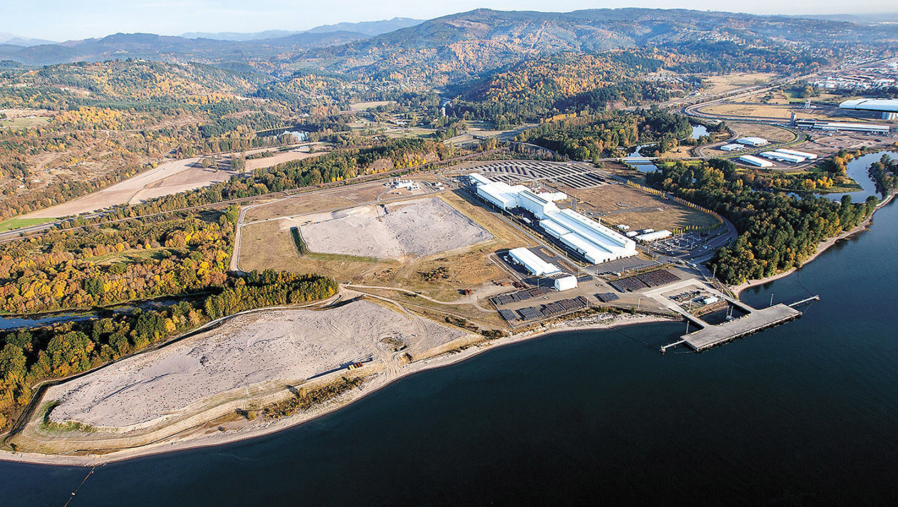LONGVIEW — The Port of Kalama announced Wednesday that it plans to conduct an additional environmental review of Northwest Innovation Works’ proposed methanol plant. This review will include virtually every stage of natural gas and methanol production — from the early stages of natural gas extraction to the export of methanol to Asia.
The high-stakes review could help determine whether state regulators give the $1.8 billion project a green light.
The analysis, part of a supplemental environmental impact statement, is in response to a September ruling by the state’s shoreline hearings board that reversed two key permits.
In the ruling, the six-member board sided with Columbia Riverkeeper, the Centers for Biological Diversity and the Sierra Club in concluding the project’s original environmental impact statement did not adequately assess greenhouse gas emissions.
As a co-lead on the environmental review process, Cowlitz County’s building and planning department is appealing the board’s decision in Cowlitz County Superior Court. However, the port and county are proceeding with the supplemental EIS in an effort to avoid significant project delays.
The draft supplemental EIS will include a greenhouse gas life cycle analysis of the following sources of emissions:
• Construction of the plant.
• Direct emissions from plant operations.
• Purchased power, including consideration of the potential sources of energy that would power the plant.
• Natural gas production, collection, processing and transmission, including hydraulic fracking, a process that injects liquid into the ground at high pressure to extract natural gas.
• The shipping of methanol products to Asian ports.
• Changes in the methanol industry and related markets that may be caused by the plant.
The supplemental EIS also will identify any substantial changes to the project’s design and engineering since the first EIS was published in September 2016.
The study will evaluate whether such changes would affect any earlier analysis or conclusions set forth in the original EIS.
Northwest Innovation Works will pay for the supplemental EIS. Administrative costs to the port will likely be less than $20,000, said Liz Newman, the port’s marketing and communication director.
In its 12-page petition appealing the shoreline hearing board’s decision, the county argued that it followed the state Department of Ecology’s guiding documents on how to evaluate greenhouse gas emissions from a major project.
The original EIS estimated that the project would emit 1.24 million metric tons of greenhouse gases annually. That’s roughly the equivalent of 260,000 passenger cars, which would boost the state’s annual greenhouse emissions by 1.28 percent.
Environmental groups argue the Kalama plant’s actual greenhouse gas emissions would be much higher if the entire methanol production process is considered. The original EIS examined emissions from the project site and its immediate vicinity. It did not consider emissions from oceangoing vessels hauling methanol to Asia and from the fracking process used to extract natural gas.
“It’s critical with any kind of fracked gas project to do a life-cycle analysis because of the issues around methane emissions,” Jasmine Zimmer-Stuckey, a senior organizer with Columbia Riverkeeper, said Wednesday. “This review is much more cumulative, and I expect the numbers to be much higher.”
Representatives with Northwest Innovation Works were not immediately available for comment Wednesday. An official with the Cowlitz County Building and Planning Department did not respond to a request for comment.
Northwest Innovation Works’ supporters say the plant would reduce global greenhouse gas emissions by decreasing China’s reliance on coal-based methanol. The project would convert natural gas to methanol, which would be shipped to China for plastics manufacturing.



